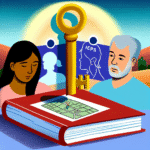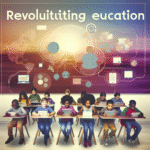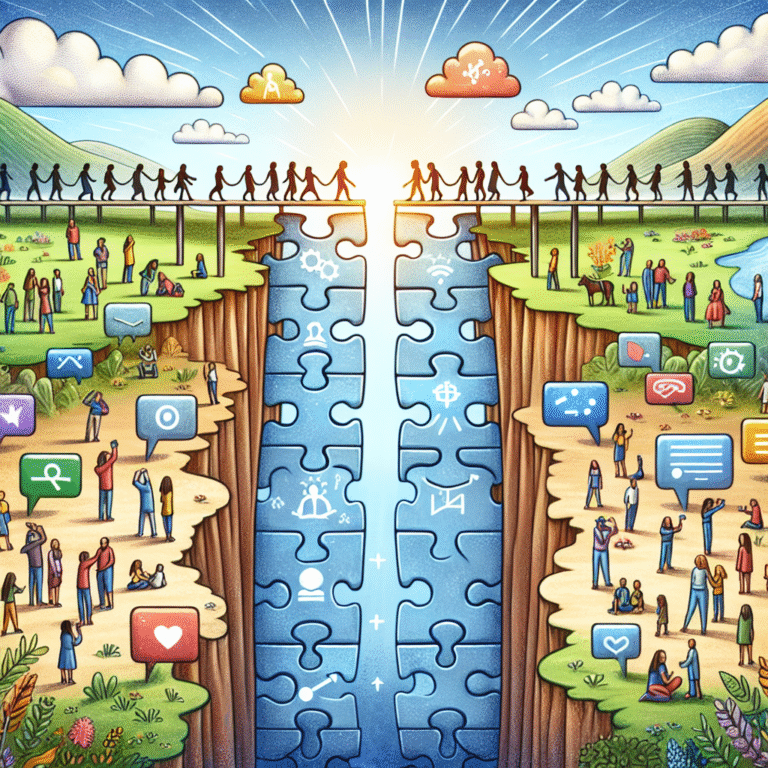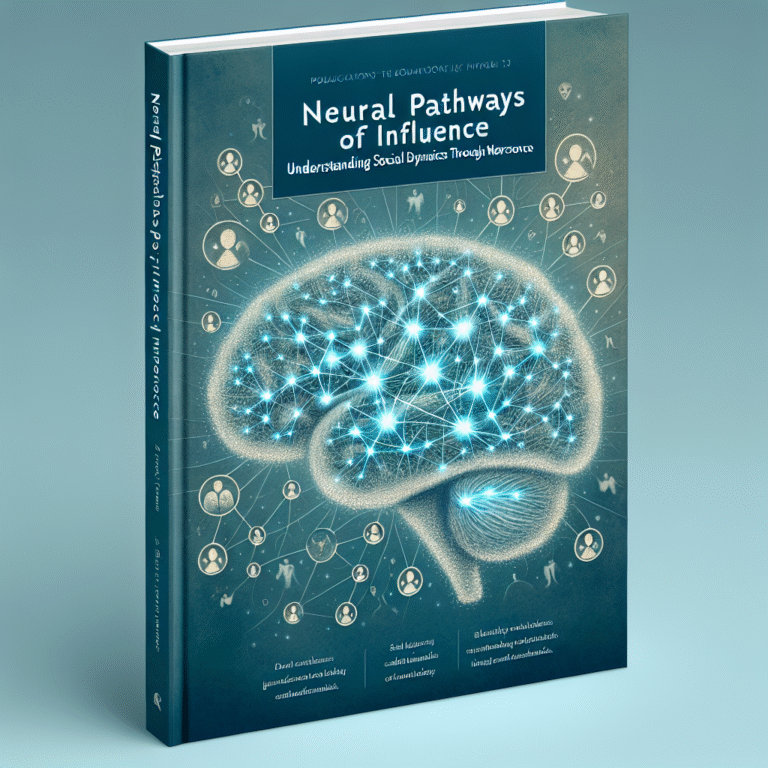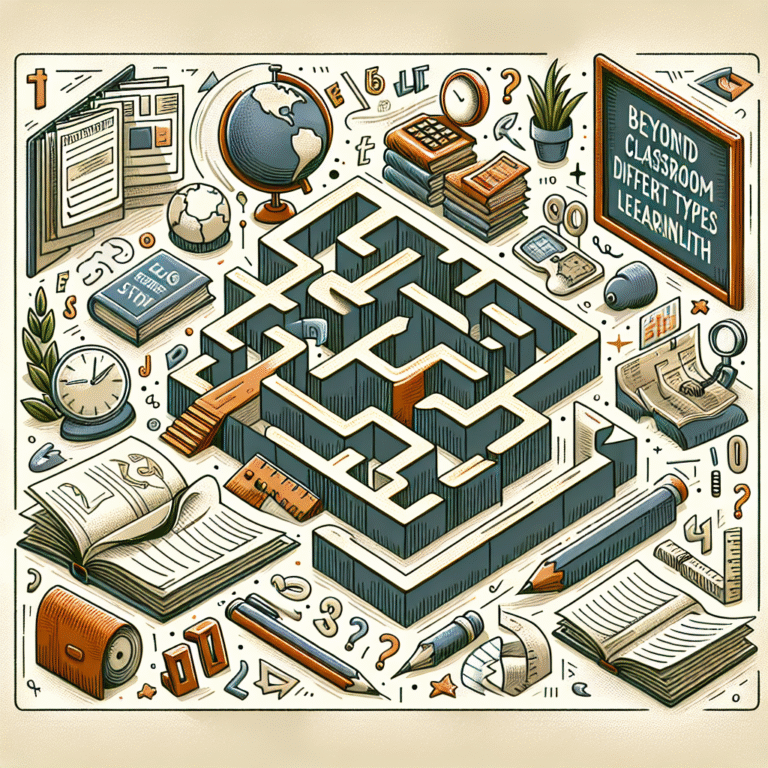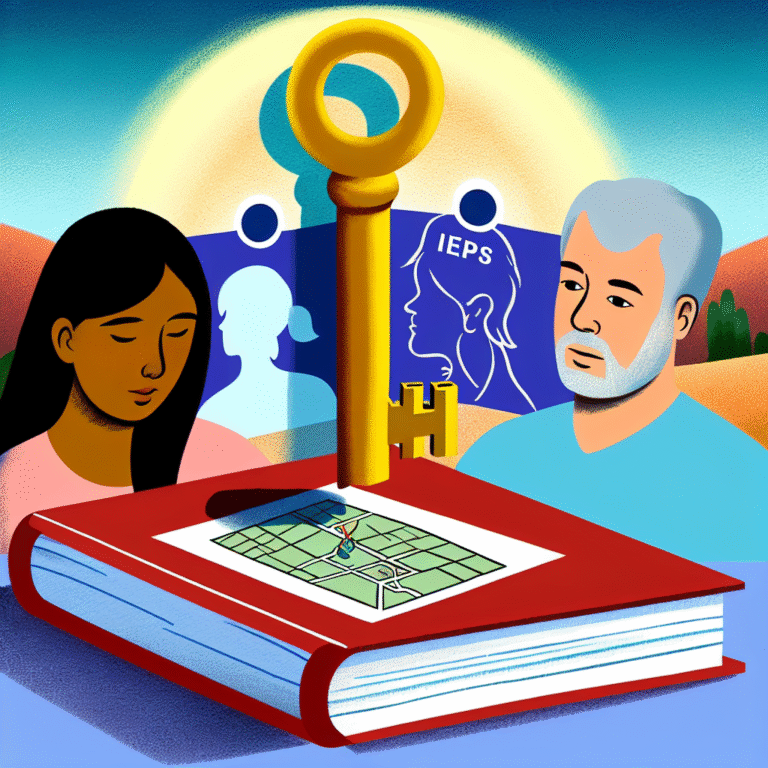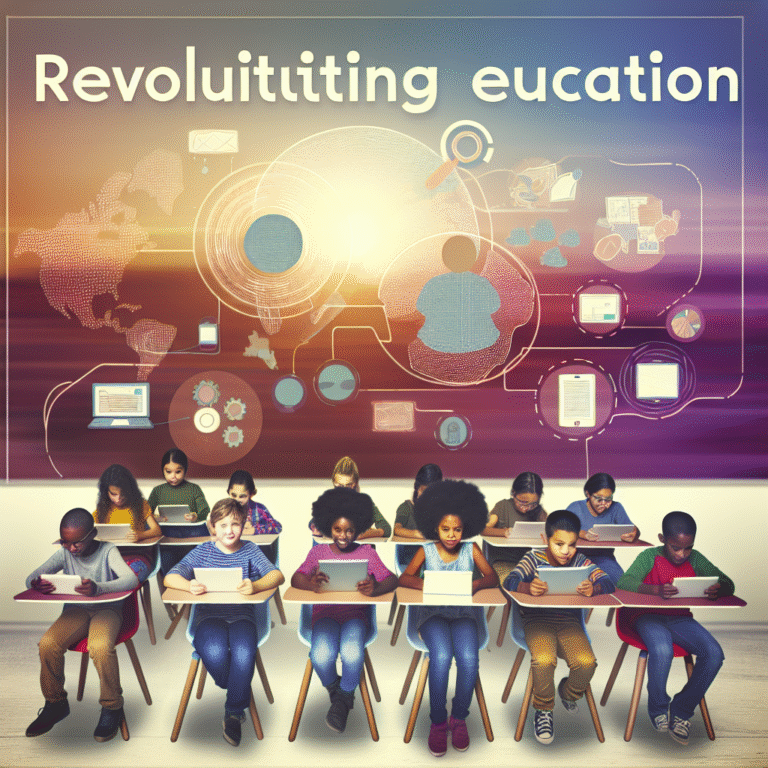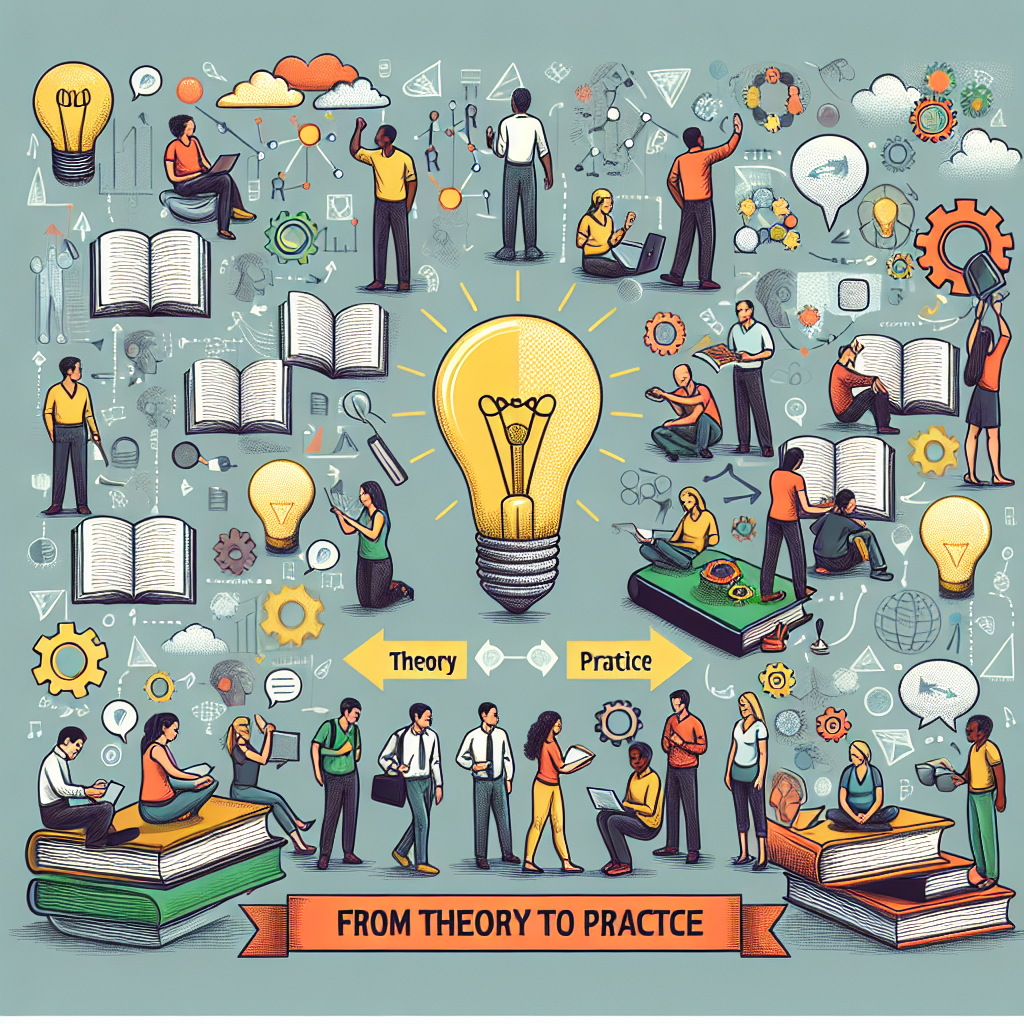
Introduction
In an increasingly complex world, understanding how we think, learn, and interact with one another has never been more crucial. Social cognition — the study of how people process, store, and apply information about others and social situations — provides essential insights that can revolutionize our approach to various real-world challenges. In this article, we are diving deep into the concept of From Theory to Practice: Applying Social Cognition to Real-World Scenarios. By examining theoretical frameworks and tangible applications, we’ll uncover how social cognition can inspire effective solutions across different sectors, from education to corporate environments, and even in personal relationships.
Understanding Social Cognition
What is Social Cognition?
At its core, social cognition revolves around how we perceive other individuals within social contexts. It encompasses various processes, including perceptions, interpretations, and decisions influenced by social interactions. This not only affects how we communicate but also shapes our belief systems, social behavior, and judgments.
Key Theories in Social Cognition
Several key theories form the backbone of social cognition, including:
- Attribution Theory: Examines how individuals infer the causes of their own and others’ behavior.
- Social Identity Theory: Explores how group membership influences self-perception and intergroup relations.
- Cognitive Dissonance Theory: Investigates the mental discomfort experienced when holding contradictory beliefs or attitudes.
Understanding these theories equips us to navigate social dynamics more effectively and lays the groundwork for applying this knowledge in real-world situations.
From Theory to Practice: How to Apply Social Cognition in Diverse Scenarios
Education: Enhancing Learning Experiences
One of the most impactful applications of social cognition is in education. Teachers can leverage insights from social cognition to create engaging and effective learning environments.
Case Study: Group Learning
In collaborative learning settings, understanding social dynamics can drastically improve student engagement and knowledge retention. For example, a classroom that promotes teamwork and peer-led discussions can harness social cognition to boost motivation and academic performance.
| Factor | Impact on Student Learning |
|---|---|
| Peer Interaction | Encourages diverse perspectives and critical thinking |
| Social Identity | Builds a sense of belonging and boosts self-esteem |
| Attribution Styles | Influences student motivation and responses to challenges |
Analysis
This case study exemplifies From Theory to Practice: Applying Social Cognition to Real-World Scenarios in education, emphasizing the need for collaborative learning approaches that account for group dynamics. Beyond mere academic benefits, this fosters essential life skills such as teamwork and empathy.
Corporate Environments: Fostering Collaboration and Innovation
Social cognition is profoundly applicable in corporate settings where teamwork and communication are crucial.
Case Study: Team Dynamics
In a leading tech company, managers used principles derived from social cognition to revamp their team structure. By training employees on attribution biases — how they perceive their colleagues’ efforts — they witnessed a remarkable increase in collaboration and innovation.
| Team Structure | Outcome |
|---|---|
| Diverse Teams | Broader problem-solving skills |
| Feedback Mechanisms | Enhanced trust among team members |
Analysis
This real-life application showcases From Theory to Practice: Applying Social Cognition to Real-World Scenarios by highlighting how understanding interpersonal perceptions can lead to improved team performance and morale, ultimately driving business success.
Personal Relationships: Understanding and Empathy
Social cognition doesn’t just apply to formal environments; it plays a vital role in our personal lives as well.
Case Study: Conflict Resolution
In a relationship counseling session, clients learned to apply social cognition principles by recognizing the attributions they made about each other’s behaviors. This facilitated a healthier dialogue and led to deeper understanding.
| Communication Style | Resolution Strategy |
|---|---|
| Active Listening | Encourages empathy |
| Open Dialogue | Reduces misunderstandings |
Analysis
This example illustrates From Theory to Practice: Applying Social Cognition to Real-World Scenarios in personal contexts. By prioritizing understanding over judgment, individuals can create more harmonious relationships.
Real-World Application: Best Practices for Implementing Social Cognition
1. Training and Workshops
Offering training programs focused on social cognition principles can enhance empathy, communication, and teamwork across various settings. These workshops can empower participants to acknowledge biases and improve interactions.
2. Feedback Mechanisms
Regular feedback loops that encourage open communication can significantly enhance team dynamics in workplaces and educational institutions alike. Structuring feedback around social cognition creates an environment where employees and students feel valued and understood.
3. Leveraging Technology
Tools like online simulations or virtual reality scenarios can help individuals practice social cognition in safe settings. This technology allows users to see multiple perspectives on social situations, enhancing their understanding.
Conclusion
As we have explored throughout this article, From Theory to Practice: Applying Social Cognition to Real-World Scenarios offers a treasure trove of opportunities across various sectors. By understanding how social cognition impacts our interactions, we can implement strategies that promote empathy, communication, and collaboration. The power lies not only in knowledge but also in action; by taking these theories and applying them to our everyday lives, we can transform our social interactions and foster meaningful connections.
Consider this your invitation to dive deeper into the fascinating world of social cognition and become a catalyst for positive change in your community. By recognizing the importance of our social processes, we can begin to craft a world that is not only more understanding but also more connected.
FAQs
1. What is social cognition?
Social cognition studies how we process, store, and utilize social information, influencing our interactions and relationships.
2. How can social cognition be applied in educational contexts?
By incorporating group dynamics and peer interaction strategies, educators can create more engaging and effective learning environments.
3. Can social cognition improve workplace dynamics?
Absolutely! Applying principles of social cognition can foster collaboration, understanding, and innovation in corporate environments.
4. What role does social cognition play in personal relationships?
Social cognition helps us understand and empathize with others, which is crucial for resolving conflicts and maintaining healthy relationships.
5. How can I learn more about applying social cognition in my life?
Consider workshops, reading literature on social psychology, or engaging in discussions that challenge your perceptions and foster empathy.
By taking the insights shared in this article and utilizing them in your daily interactions, you can contribute positively to various aspects of personal and communal life. Remember, social cognition is not just a theory — it can be a game-changer when applied correctly!

